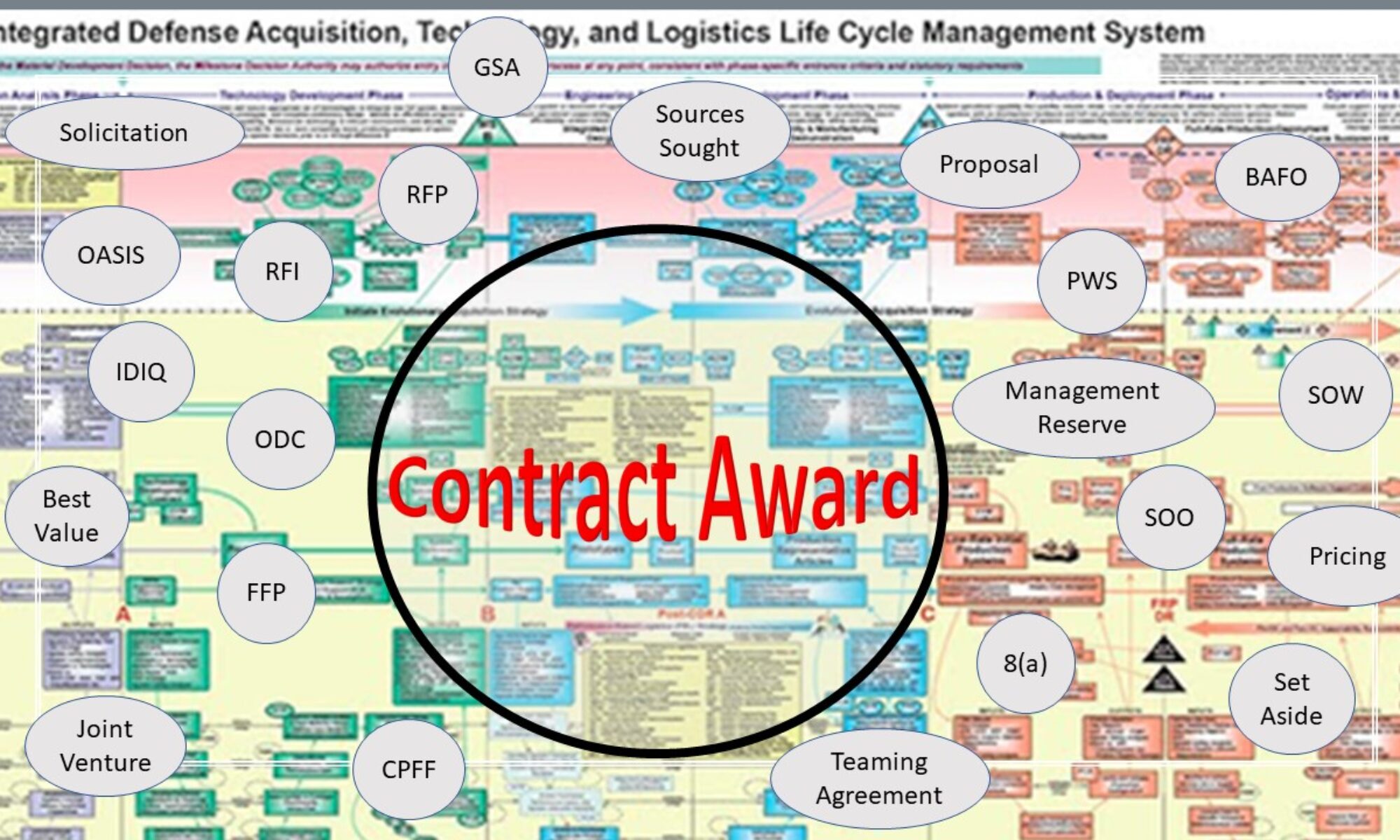One of the top questions I hear is “where do you find opportunities?” Generally those asking have no idea what they want to sale to the government they just want to find an easy contract. I’m going to make the assumption that you have an established business that generates a product or service already. Say a machine shop, or engineering services, or IT services. For those who are an established company, lets look at several common sources of opportunities.
Sam.gov. You’ll see a lot of people complain about sam.gov and I agree with every complaint. It’s not user friendly at all, but it does have a lot of information once you learn to navigate it. There are services like GovWin, EzGovOpps and others that provide a more user friendly system, but they get their info from sam.gov. GovWin would be the exception which has a team of consultants that contract government sources to provide updates. I don’t know if their added information is worth the very high annual subscription fee they charge. Learn to use sam.gov. It’s free and it provides a lot of valuable information.
Conferences are another good way to find opportunities. Unfortunately, I believe most people approach conferences with the wrong goals in mind. They go to a conference hoping to come home with a contract. In the defense community that doesn’t happen very often. Your goal should be to make friends. Find companies that have some experience working with the government that you can work with to enhance their capabilities. For example; if you meet and IT company that primarily handles hardware and communication software and your company focuses primarily on cloud computing maybe your companies can work together. Build a relationship with them beyond the conference.
Study DoD programs related to your market. If you’re a drone company study the DoD Replicator Program, if you’re an IT company know about the Kessel Run program, if your a machine shop know about DMSMS issues. That’s what your competitors are looking at so you need to be able to talk about them. Every market has a program trying to make it better.
Finally networking. Be open to teaming. two small businesses have a lot more capability than one. Also when you build a relationship with a large company they may offer you some subcontracting opportunities. People are impatient. These things take time and effort. You have to build your network and become a trusted partner to your peers. What would it take for someone to convince you to allow them in your house alone to do a job for you. You would have to be confident they are trustworthy, reliable and will accomplish the work you’re paying them to do.

